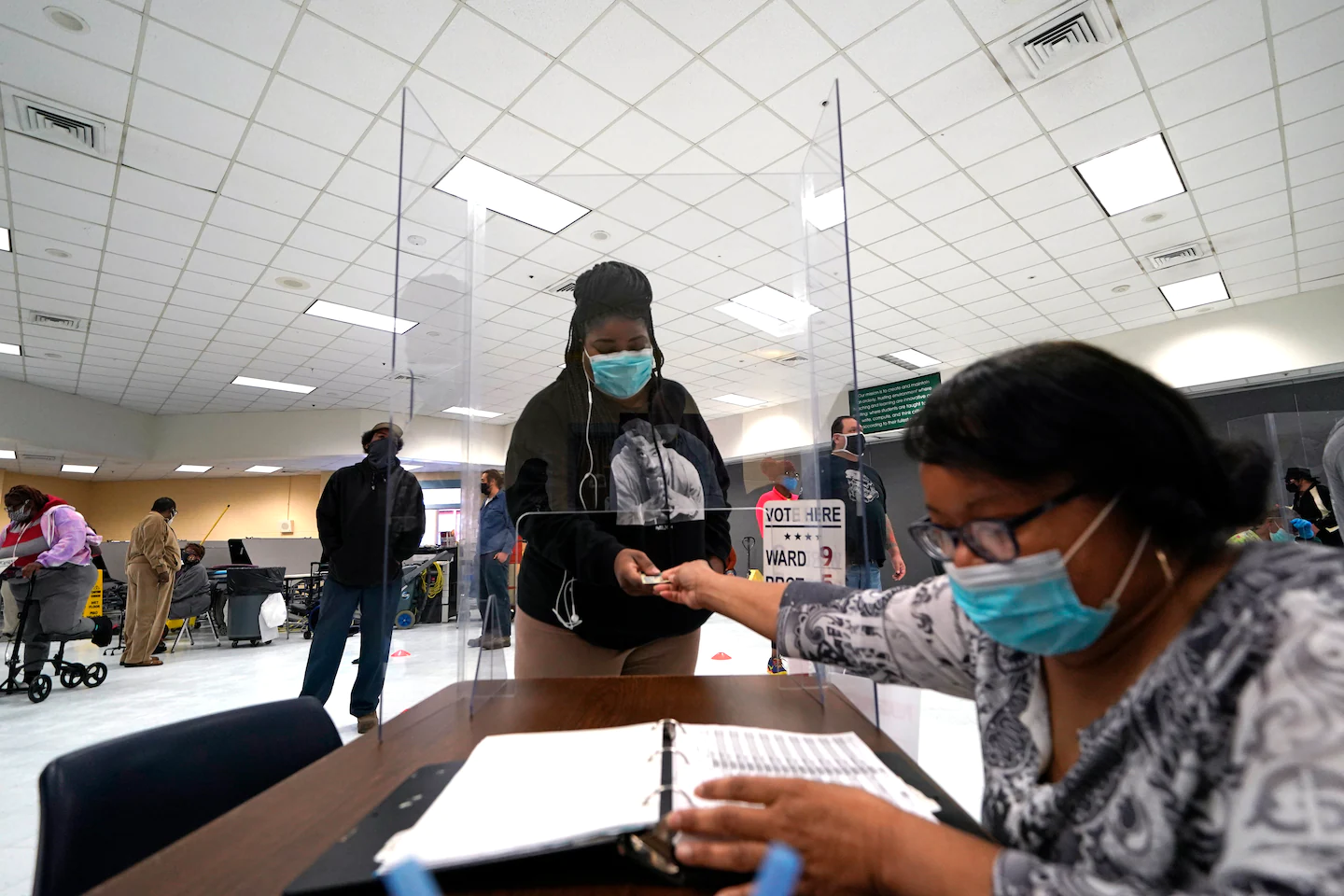The Supreme Court majority on Tuesday did not supply a reason for granting the state’s request, as is common in emergency orders. But it noted the court has accepted for the term that begins in October a case from Alabama that raises similar questions about a state’s obligation to create what can be known as majority-minority districts under the Voting Rights Act.
The court’s three liberal justices — Stephen G. Breyer, Sonia Sotomayor and Elena Kagan — said they would have denied the state’s request. That would have meant new districts before the fall elections.
Louisiana has six members of Congress. But only one of the districts is majority-Black, even though African-Americans make up about one-third of the state’s voters. The state’s Democratic governor, John Bel Edwards, vetoed the map, but its Republican-led legislature overrode the action.
In a separate case in February, the Supreme Court stopped a lower court’s order that Alabama redraw its congressional map to accommodate the growth of Black voters there. It called for a second district favorable to Black candidates.
Justice Brett M. Kavanaugh, who was in the majority in blocking the lower court order, said the map drawn by the legislature should remain in place, and that the court take the case to decide the merits of the dispute. It involves what Republicans say is a conflict between the demands of the Voting Rights Act and the Equal Protection Clause’s guarantee that race not play too prominent a role in government decisions.
“The underlying question here is whether a second majority-minority congressional district (out of seven total districts in Alabama) is required by the Voting Rights Act and not prohibited by the Equal Protection Clause,” Kavanaugh wrote. “But the Court’s case law in this area is notoriously unclear and confusing.”
The Alabama case, Merrill v. Milligan, is one of the first the court will consider in October. Tuesday’s order said the Louisiana case would be held until the Alabama case is decided.



